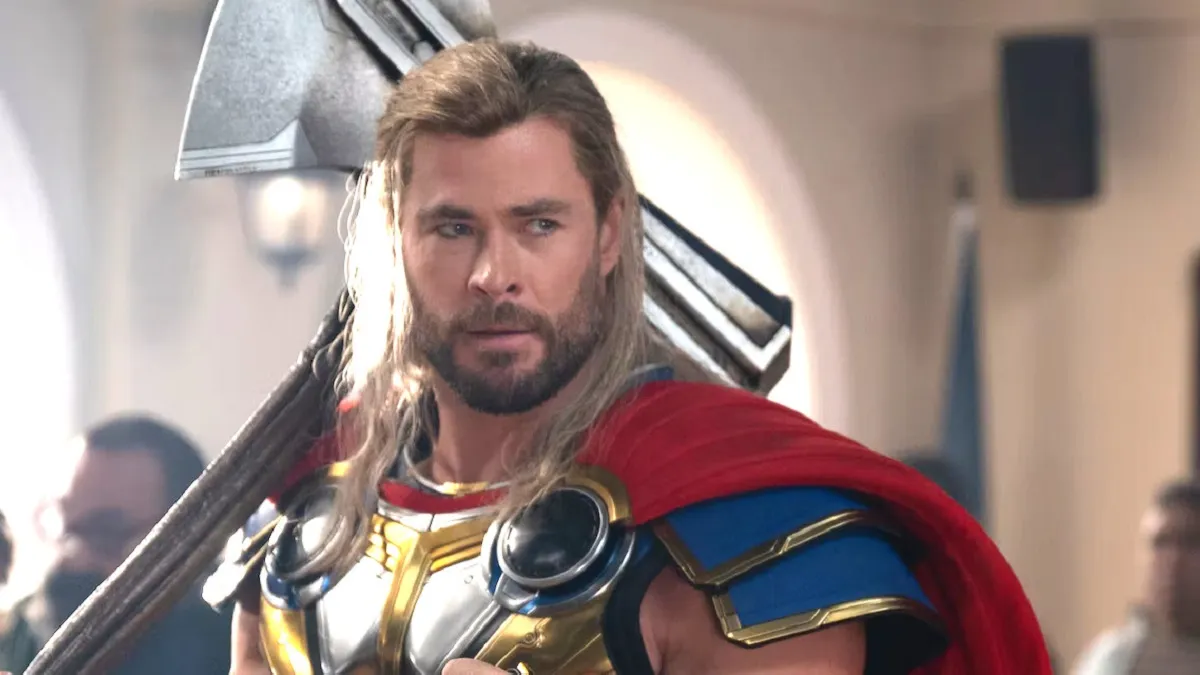“Thor: Love and Thunder” stands as a significant chapter in Marvel’s Multiverse Saga, embodying both the strengths and weaknesses of the cinematic universe. While Marvel has adhered to its successful formula, the outcomes have been a mix of wonder and perplexity. Taika Waititi’s second venture into the superhero genre mirrors the formula of “Ragnarok,” yet this time, the outcome lacks the same gratification.
Identifying the fatal flaw in “Love and Thunder” is subjective, with some pointing to the overly whimsical tone clashing with the serious undertones of the storyline, such as the narrative involving a formidable God-Butcher and a character battling cancer. However, for Chris Hemsworth, who portrays Thor, the issue lies within himself. He shoulders the blame for the film’s shortcomings, admitting his inability to forgive himself for its outcome. But should he truly be burdened with such harsh self-criticism?
In a Vanity Fair profile piece ahead of his role in “Furiosa: A Mad Max Saga,” Hemsworth’s Marvel co-stars praise his transformative portrayal of Thor in previous films. Robert Downey Jr., in particular, lauds Hemsworth’s reinvention of the character, hailing his performances as a remarkable feat. Despite this praise, it’s Hemsworth’s perceived failure in “Love and Thunder” that weighs heavily on his mind. He candidly reveals his struggle with the improvisational and zany nature of the film, feeling that he veered into self-parody and failed to deliver.
Hemsworth’s sentiments reflect a challenging period in his career, where the joy of filmmaking waned, leaving him questioning his choices and the quality of scripts. However, his passion for acting finds renewal in his role as Dementus in “Furiosa,” where he explores method acting for the first time. Yet, the lingering regrets from “Love and Thunder” persist.
Despite Hemsworth’s self-blame, the tone and direction of “Love and Thunder” were consistent with Waititi’s vision. In a film filled with surreal elements like screaming goats and exaggerated performances, Hemsworth’s portrayal aligned with the whimsical nature of the script. Moreover, if Hemsworth was grappling with personal challenges during filming, it’s understandable that his performance may have differed from previous endeavors.
Ironically, Hemsworth’s dissatisfaction with “Thor: The Dark World” echoes his current sentiments, suggesting a cycle of self-reflection and reinvention. With the possibility of “Thor 5,” there’s hope for Hemsworth to reshape Thor’s narrative once more, crafting a final adventure that he can be proud of. Ideally, one devoid of floating heads and reminiscent of his earlier triumphs.


